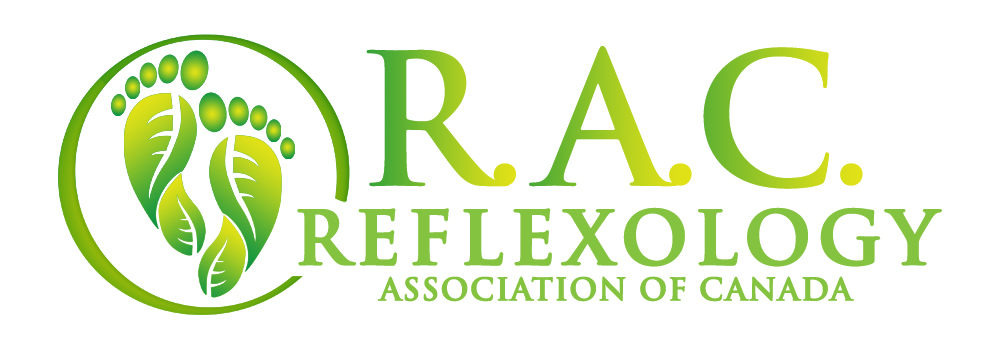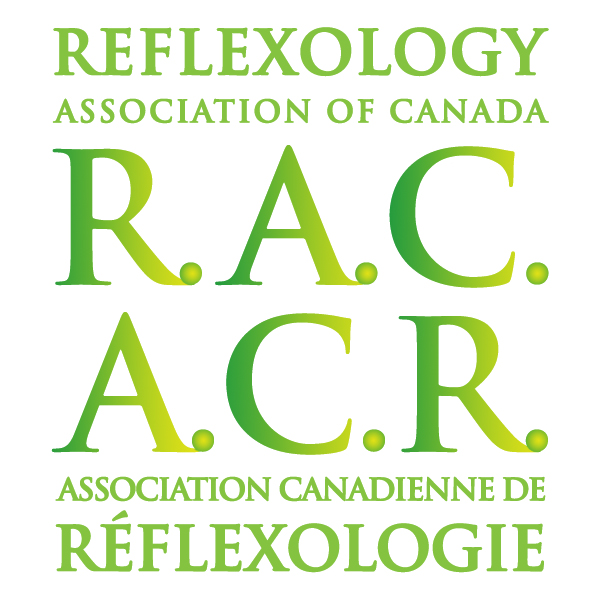Click on the button below to download our guidelines on contraindications.
Contraindication Guidelines
for Registered Canadian Reflexology Therapists (RCRT™)
A contraindication is a condition, situation, or medication that may require a Registered Canadian Reflexology Therapist (RCRT™), to modify or postpone a reflexology appointment.
For RCRTs™, this means using informed professional and sound judgment in deciding if and/or when to give reflexology, proceeding with caution to avoid injury, or modifying your methodology or session plan before proceeding.
Understanding contraindications within the professional practice of reflexology means recognizing that Reflexology operates within a larger field of integrative healthcare. In addition, this means acknowledging where and/or when a RCRT™’s individual limitations may apply. If there is a risk of harm or uncertainty regarding safe application, the therapist is required to adapt the session or refer the client appropriately. When in doubt, the reflexology appointment should not proceed until further clarification or consultation is obtained.
In these circumstances, it is imperative that a RCRT™ works alongside other health professionals to consider the client from a holistic perspective, including, but not limited to:
- ✔ referring a client to another RCRT™ with either more experience or more advanced reflexology training working with that client group; and/or
- ✔ referring a client to another healthcare professional.
Each client is unique. Each client’s session is unique. RCRT™s need to account for their client’s safety every time they proceed to work with them. Thus, even with the identification of contraindication(s), session plans will vary between and across clients.
Professional guide for RCRT™s to ensure their clients’ (and their own) safety.
A. When to ensure that a reflexology therapist is working within the framework, support, and/or awareness of a primary healthcare provider
The following are circumstances where a RCRT™ should make sure that the client has checked in with their primary healthcare provider before proceeding.
- ✔ A client who is under the direct, active care of another healthcare provider. I.e., a client undergoing a specific treatment with another healthcare provider.
- ✔ A client whose blood pressure or chemistry is being closely monitored. I.e., Recent cardiovascular incident/intervention, active chemotherapy, IVF, antidepressants, post-blood tests, and pre-surgery, etc.
- ✔ A client with gangrene; unknown and/or severe inflammation, swelling, or infectious condition; acute injury (i.e., broken bones, lacerations, or damaged tissue) or extreme sensitivity in the area to be worked.
- ✔ A client with unknown skin rash/condition or pain.
- ✔ A client whose primary healthcare provider might not be in line with circulating lymph. I.e., Clients with herpes simplex virus-2, shingles, or actively being treated for cancer.
B. When a RCRT™ could refer to another RCRT™ with more experience or advanced reflexology training working with a specific client group
The following is a non-exhaustive list of relative contraindications. Depending on a therapist’s training or lack thereof, this may be an absolute contraindication.
- ✔ Any of the aforementioned contraindications in part A
- ✔ Many client groups require special consideration. I.e. palliative clients, babies and/or children, pregnant people, people with brain diseases (Alzheimer’s, dementia…), people with neurological/developmental conditions (autism spectrum, highly sensitive clients…), people with mental health issues, people with diabetes, etc.
C. Additional Contraindications for Specific Modalities or Protocols
Specific Reflexology modalities or protocols could have additional contraindications. Reflexology therapists should refer to the contraindication considerations in their training.
General Considerations
If an RCRT™ is unsure, wary, or uncomfortable, they should not proceed. If a client is unsure, wary, or uncomfortable, a RCRT™ should not proceed with the reflexology appointment. In these circumstances, a RCRT™ should determine what is needed for their client or themselves to feel confident and comfortable enough to proceed. Then, when possible, they should make that happen or wait for that to be true.
Additionally, there are other situations that may cause a therapist to not work on a client, that do not directly pertain to a contraindication of “Reflexology” per se. For example: a client arrives demonstrating cold and/or flu symptoms, vomiting, under the influence of drugs or alcohol, or does not have the appropriate permission to be worked on, etc.
RCRT™s should always stay within their scope of professional practice (Reference: RAC’s Scope of Practice). If a client situation requests that a RCRT™ move beyond Reflexology’s scope of practice, a RCRT™ should consult and/or refer.







